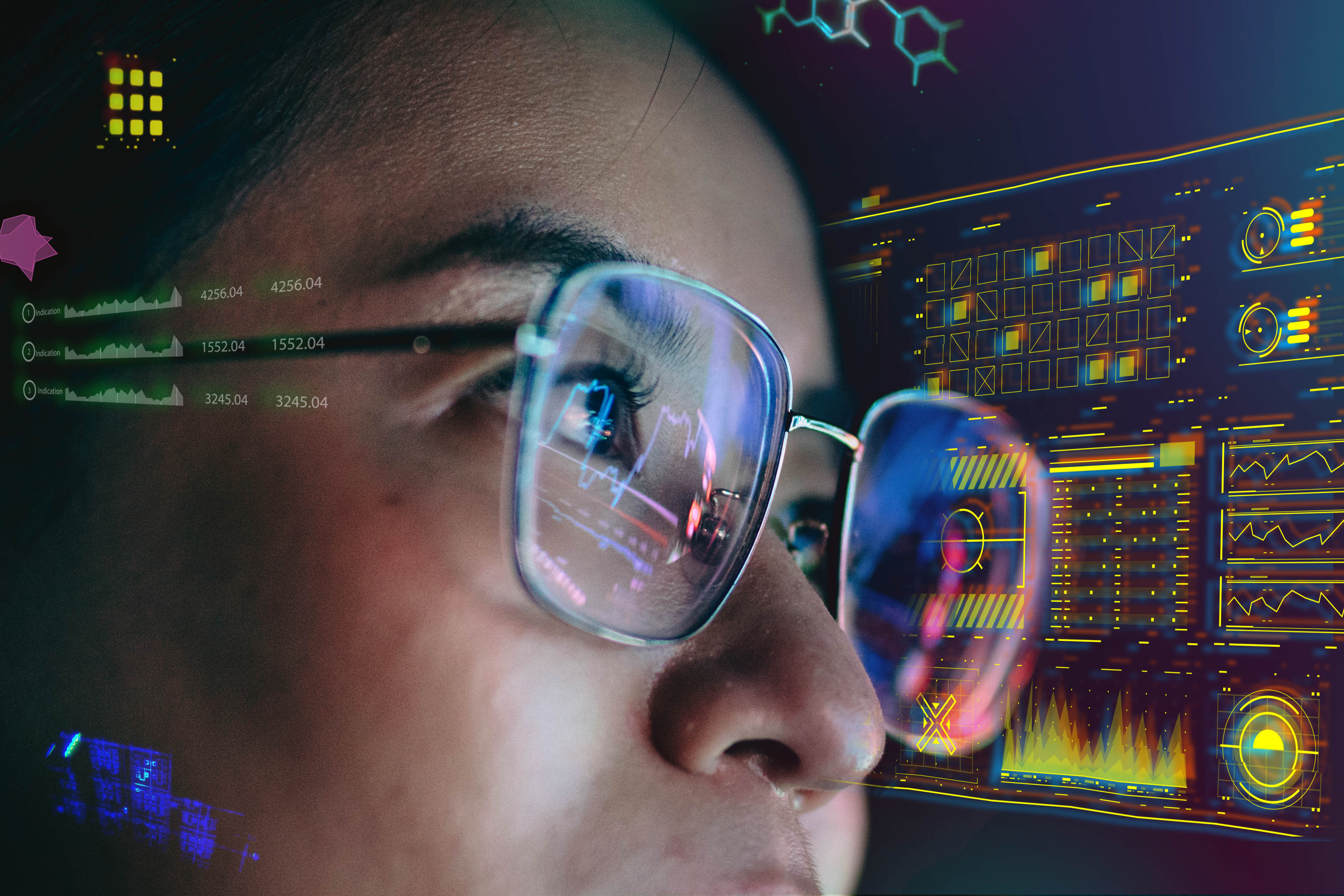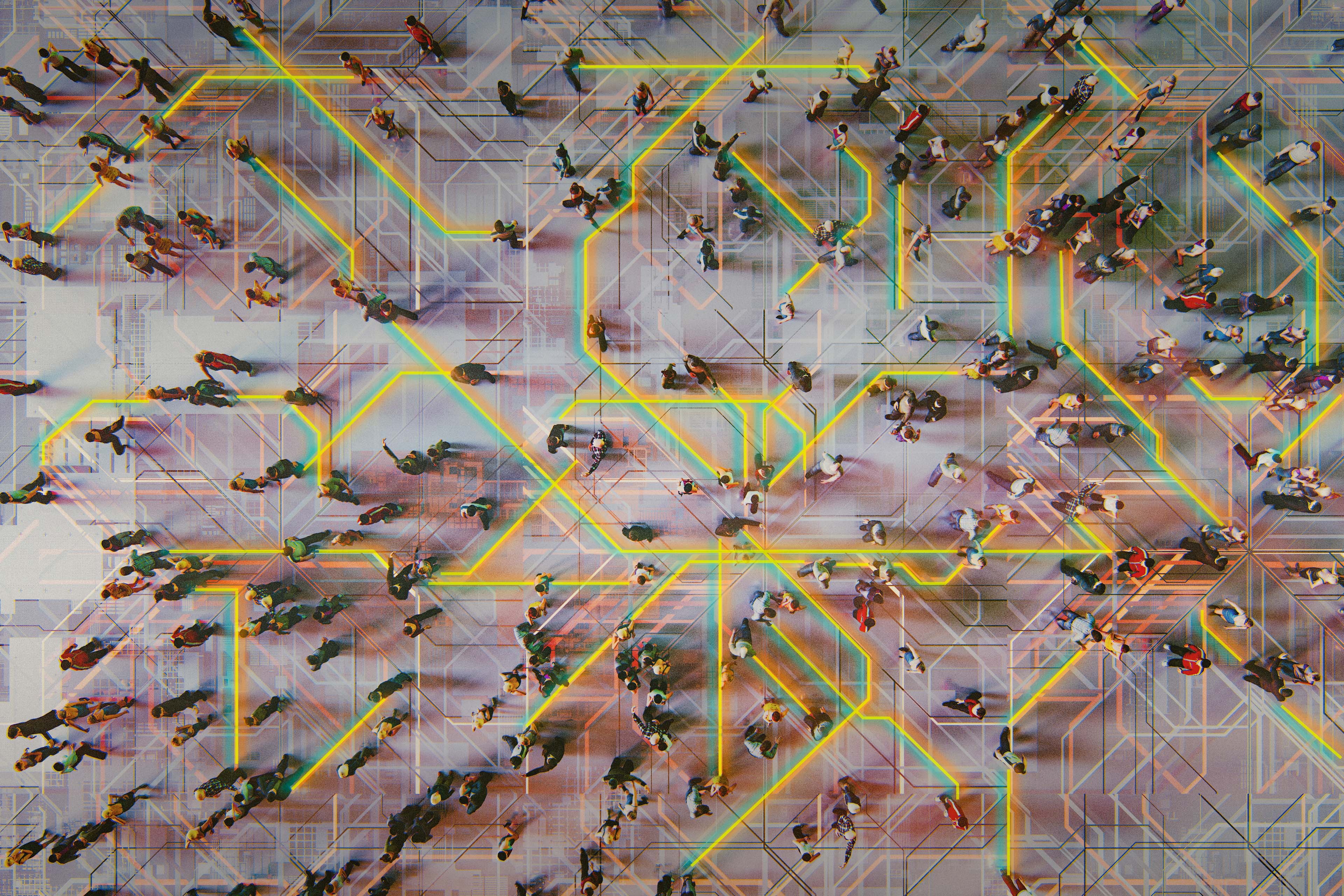Navigating the intersection between the blockchain and brick-and-mortar worlds
Without this legal clarity, governance token holders can find even the most straightforward interactions with the physical, non-blockchain world impossible. For example, many commercially focused DAOs may to be subject to sales or business income tax. Without an established legal status for DAOs, however, holders are unable to register as a business or open a bank account, which can make filing a tax return by a DAO impossible.
DAOs become most problematic at this intersection between the physical and virtual worlds. Post says few administrations (if any) are willing to accept payment in digital assets, for example, let alone allow a DAO protocol to collect tax receipts from digital-asset activity and forward those receipts to a tax administration. “So, it’s likely to be difficult for both taxpayers and authorities to determine whether individuals and entities have properly self-reported taxable income,” he says.
Without an internationally agreed-upon legal approach to DAOs, a steadily growing patchwork of country-specific legislation is emerging. This increases the level of complexity faced by DAO participants, with legal status open to various interpretations by courts, creating mismatches and potential double taxation, tax risks and liabilities.
Identifying DAO taxable events
For DAO participants to make the best possible calculation of tax exposure it is first necessary to identify the key taxable events within the DAO value proposition. For example:
- Commercial DAOs often begin their existence with a transfer of tokens from a conventional corporate entity, which established the DAO’s core protocol. This increasingly popular process is known as an “exit to DAO” strategy.
- A DAO and its members may decide to fund the community’s development and hedge against volatility by selling its native governance tokens.
- Depending on the type of DAO, it may realize income or returns from its activities. For example, investment DAOs often see gains or losses on their portfolio, collector DAOs may see the value of their art or NFT holdings appreciate, and DAOs that participate in staking may be deemed to receive income.
- DAOs – and particularly protocol-development DAOs – often establish grant programs to fund teams supporting the general protocol infrastructure. Some even do so as their sole reason for existence.
Calculating the tax liability of holding DAO governance tokens in the same way as any other digital asset and an underlying asset connected to this token for income tax purposes can be a useful default starting position, but may be risky at the same time. Any capital gains and losses may be taxable as well as any income generated by the governance token, for example by sharing DAO profits.
However, as the list above shows, this starting position becomes more complex when an individual earns additional governance tokens, for example in return for improving a DAO’s code. This could be taxed as income resulting from business and or entrepreneurial activity, or as a form of in-kind salary.³
The taxation of governance tokens can also depend on how funds in the DAO treasury are used. A DAO treasury is the total sum of assets the DAO may use at its own discretion. It excludes DAO-managed assets owned by another party, such as staking accounts and reward fees.
If treasury funds are invested and generate taxable income, or if funds are used in crypto staking, mining or lending, token holders may not even know that these potentially taxable events are taking place, let alone be reporting them for tax purposes. These examples once again reiterate the fact that there is no templated approach to DAO tax risk mitigation, with each requiring case-by-case analysis.
Legal wrappers and why DAOs may need to relinquish a level of decentralization
One way to achieve a basic level of legal and tax certainty is to register a legal entity, or legal wrapper, over the DAO structure. A legal wrapper inevitably leads to a degree of centralization, but it also introduces accountability, clarifies tax and reporting obligations for DAO members and the DAO and can improve regulatory compliance.
“I think that in order for DAOs to evolve and achieve wider adoption it will be necessary to accept a certain level of centralization,” says Lukacs. “At the moment DAOs are being championed by evangelists willing to push the envelope; they want to be the first movers and they are willing to live with the risk. This situation is manageable, but it’s not for the faint-hearted.”
Post agrees. He says the DAO model was created by Web3 innovators who believed that organizations can live fully on blockchain. The reality, however, is that all commercial entities ultimately need to interact with the physical world, and that includes paying taxes.






